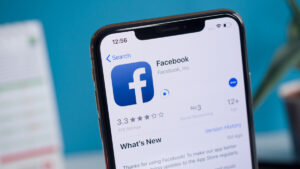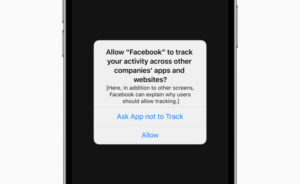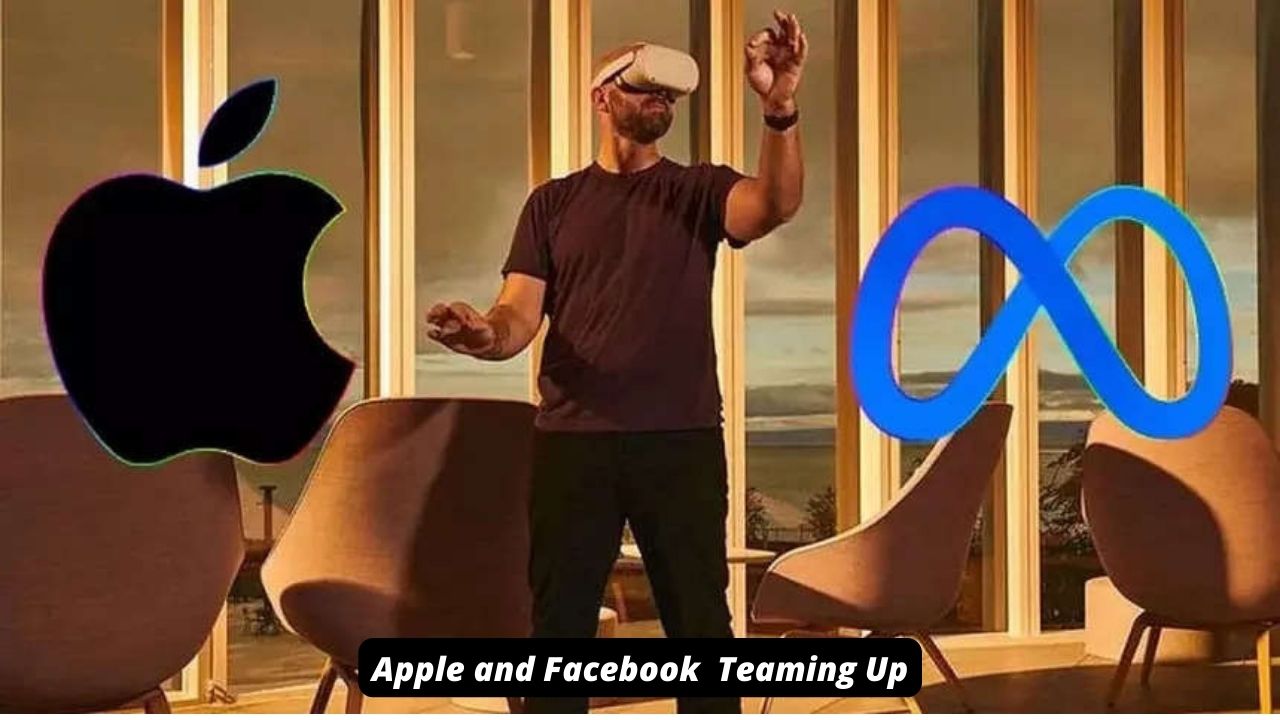According to The Wall Street Journal, Apple and Facebook considered teaming up between 2016-2018. The idea was actually Apple’s, as it looked, to get some of Facebook’s revenue, according to those in the know.
A special ad-free version of Facebook that would be offered through the App Store to iOS users was one possibility discussed at that time. Since it would be a subscription service. Facebook would collect the revenue and Apple would get the usual 15% to 30% cut. But when you’re dealing with two cash-strapped companies like Apple and Facebook. The negotiations over who gets every extra penny get intense.
Apple and Facebook have considered selling subscriptions to an ad-free version
The Journal report claims the two firms argued over whether Apple should get a cut of so-called boosted contributions. By paying Facebook (now Meta), the author of the post can have it seen by more Facebook users. Facebook argued that Apple would not be entitled to revenue from increased contributions. Since many small businesses use the feature to reach more potential customers and Apple does not take advertising money from developers, Facebook argued that this revenue was zero.
Apple, on the other hand, considered the revenue generated by boosted posts to be in-app revenue. Which should be able to take 30%. Since the talks were going nowhere, it was finally agreed that both companies should break off the negotiations. By the time the talks ended, Facebook was working on changes that would improve privacy on the site. But co-founder and CEO Mark Zuckerberg decided at the time to delay the changes in favor of user privacy in order to keep the advertising business on Facebook.

Tracking Transparency allows iOS and iPadOS users to avoid tracking by apps and websites
Whatever camaraderie Apple and Facebook had was all but gone when the iPhone maker announced its App Tracking Transparency (ATT) feature in 2020. This would allow iPhone and iPad users to avoid being tracked by apps and websites to show targeted product ads. That they searched for on the Internet. Mark Zuckerberg was so angry that he paid for full-page ads in major metropolitan newspapers. That said Facebook was standing up for small businesses against Apple.
According to Insider Intelligence, only 37% of iPhone and iPad users chose to continue watching, reducing the number of potential iOS and iPadOS users who would see a targeted ad. The ATT feature was extended to iPhone and iPad users in iOS 14.5 and iPadOS 14.5 in April 2021. Citing a report from data management company Lotame, the Journal reports that Facebook, Twitter, Snap, and YouTube combined lost approximately $17.8 billion on sales. this year thanks to Apple’s ATT.
Investors have noticed. The market capitalization of Meta (Facebook’s new company name) has decreased by $600 billion over the past year.

Does Facebook work with Apple?
It might not be possible because Apple and Meta have gone in two different directions when it comes to protecting user privacy. While Apple touted the privacy of the iPhone, Facebook was hit by scandals like the Cambridge Analytica debacle. When the personal data of 87 million Facebook users was used by the political consultancy Cambridge Analytica without permission. The data was allegedly sold to the Trump campaign during the 2016 presidential race and used to identify areas where more advertising money needed to be spent.
A spokesperson for Meta said it has “made significant changes over the past five years to protect people’s data. While enabling businesses of all sizes to grow. The decisions we make are not dictated by another company. But by our commitment to the people who use our products and our belief that privacy and personalization are not at risk.”
And here we have Apple news and Facebook news, the story of two companies. For a brief moment tried to find common ground to work together. But Apple’s decision to promote privacy and Facebook’s decision to continue mining personal data to help push targeted ads have both moved in the opposite direction. It is no surprise that Apple and Facebook teaming up couldn’t be succeeded.
